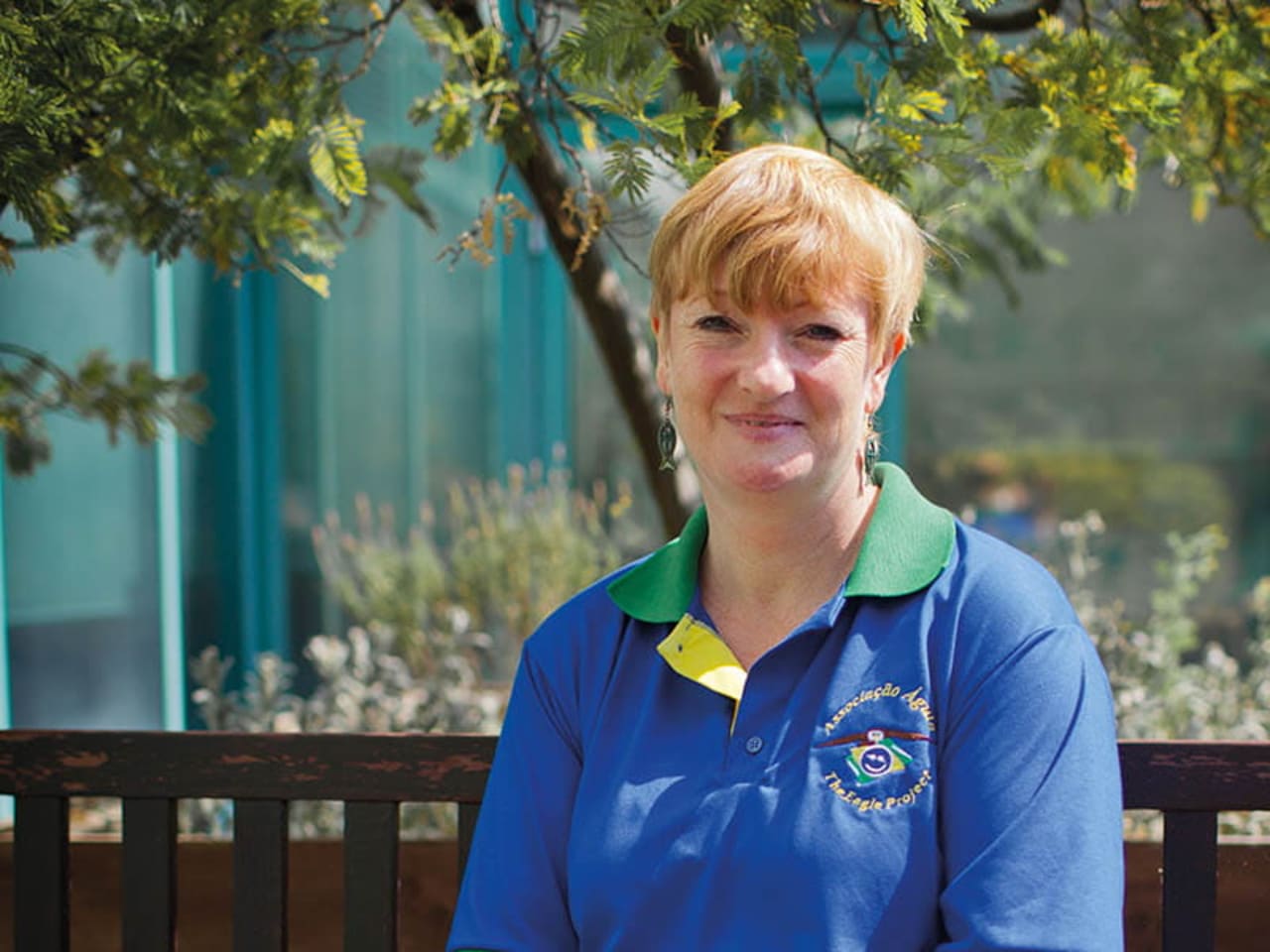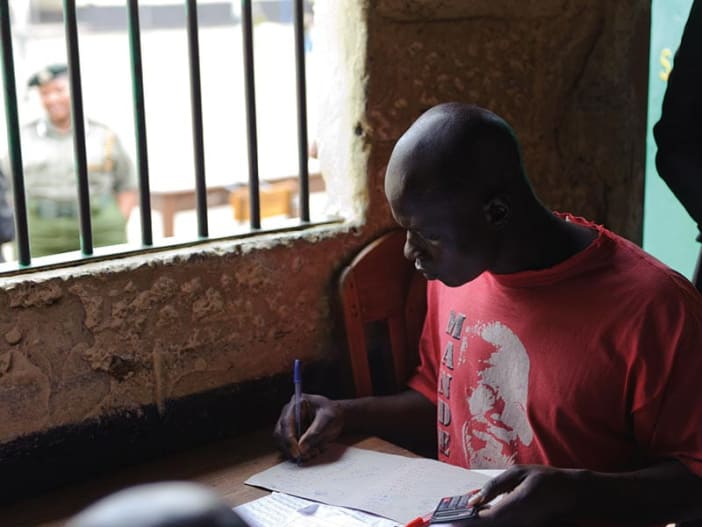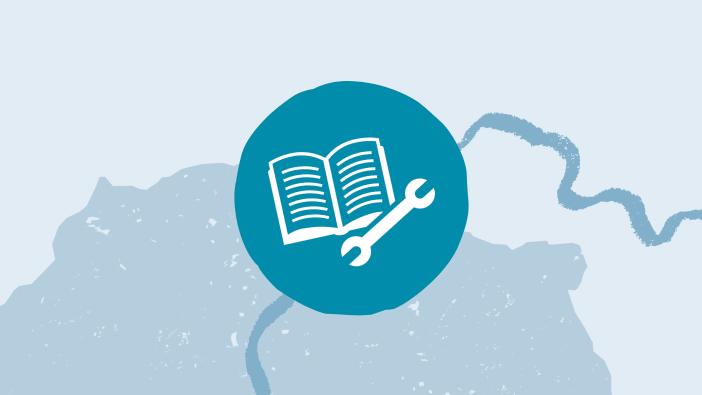In Brazil, children go to prison from the age of 12. Tragically, most of them are back in prison within a month of being released. After many years of working in São Paulo’s youth prisons, I wanted something radically different to help these boys. I longed to help them think and behave differently so that they would stop reoffending. So I started praying about how we could reach them in a better way.
A new approach
Before I went to Brazil I worked as a professional actress and drama teacher. I started wondering if I could use drama with the boys. I read two books: one about restorative justice and another about psychodrama (a type of therapy where participants act out different scenarios to gain insight into their problems). After further study, I decided to put restorative justice and psychodrama together. I created a new project called ‘Breaking the chains’, working with a team of professionals at the youth prison.
We started the work in a unit for young offenders who had committed serious crimes – murder, kidnapping, bank robberies, armed burglaries. They had been in prison multiple times.
The programme involves three elements. For at least 12 weeks we run weekly psychodrama sessions with a group of about 10 boys who are nearing the end of their sentence. During the same period, someone from our team visits each boy individually to provide counselling. The third part of the programme is working with the families. Some of the families are so poor that when the boy comes out of prison, he will steal again just to put food on the table. So we try to assist the family – for instance, by helping the mother find work.










